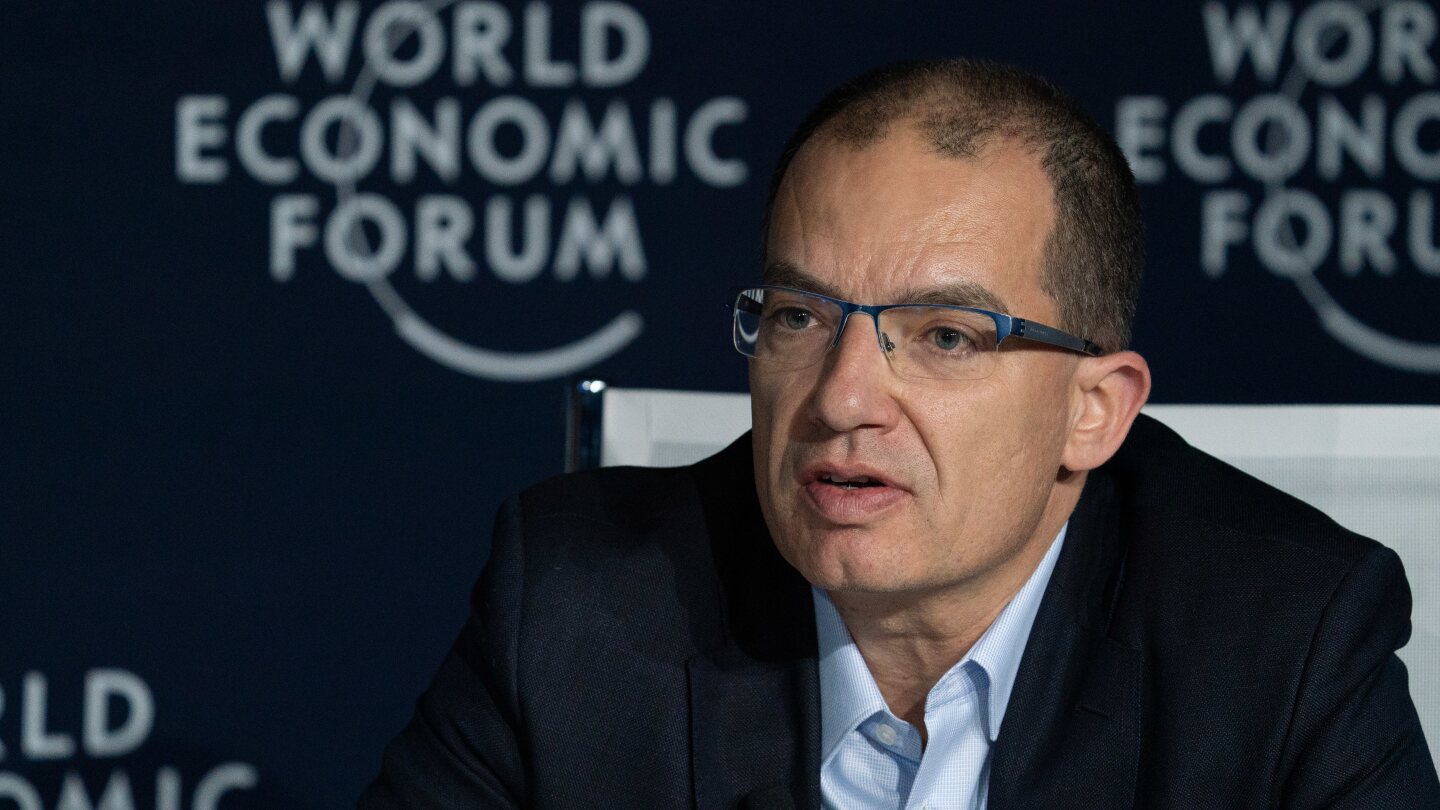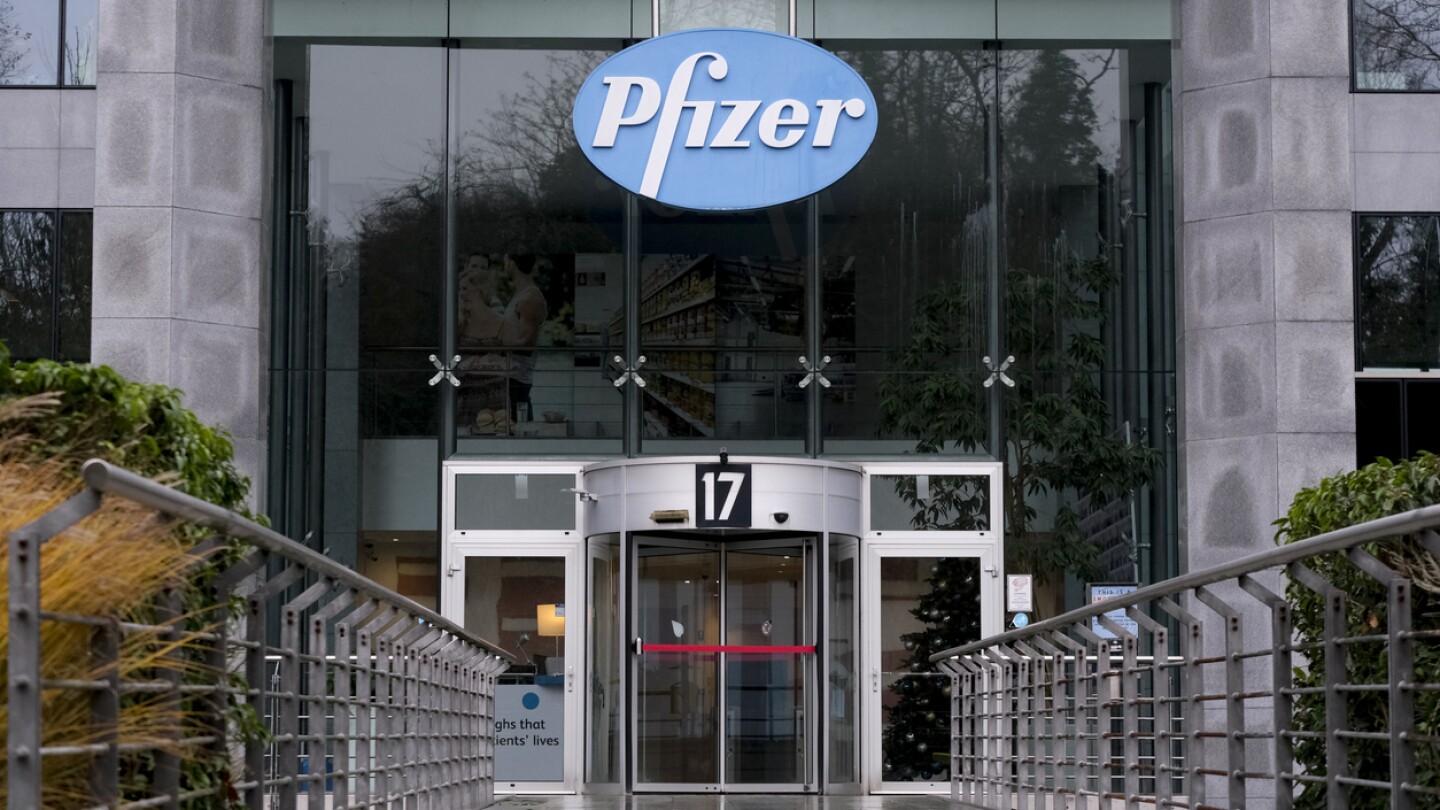Vaccines
After advancing in lockstep through the pandemic, the fortunes of the biotechs have diverged as their use of COVID-19 windfalls has taken shape.
Despite Sanofi CEO Paul Hudson’s confidence in vaccines, the French pharma has cut at least one mRNA flu shot program.
Sanofi’s vaccine sales dipped 2.5% in 2025, with almost all immunization products declining. Nevertheless, CEO Paul Hudson doubled down on his support for vaccine development.
Roche’s obesity candidate achieves 22.5% weight loss in Phase II; Moderna pulls the plug on late-stage vaccine trials as Health Secretary Robert F. Kennedy’s anti-vaccine policies and rhetoric continues; and embattled gene therapy maker Sarepta announces new data in Duchenne muscular dystrophy.
Growing opposition to vaccines in the U.S., driven by recent government policy changes, makes it difficult to see a return on investment in vaccine development, Moderna CEO Stéphane Bancel said this week.
“I don’t like established science,” ACIP chairperson Kirk Milhoan said in an interview on the Why Should I Trust You? podcast. “Science is what I observe.”
Pfizer CEO Albert Bourla said that the main thing getting in the way of changing vaccine discussions in the U.S. is the Secretary of Health, Robert F. Kennedy, Jr.
In November, Pfizer was reportedly looking to divest its stake in BioNTech, though the German biotech at the time denied these rumors.
Buying vaccine biotech Dynavax was an easy choice for Sanofi despite anti-vaccine moves by the Trump administration.
AbbVie and Novartis strike billion-dollar pacts while attendees at the J.P. Morgan Healthcare Conference await that one big M&A deal and Merck teases limitless buying capacity; Eli Lilly readies for potential orforglipron launch while Novo Nordisk laments compounders; the IPO window cracks open; and the FDA concludes that GLP-1s do not pose a suicide risk.
PRESS RELEASES









